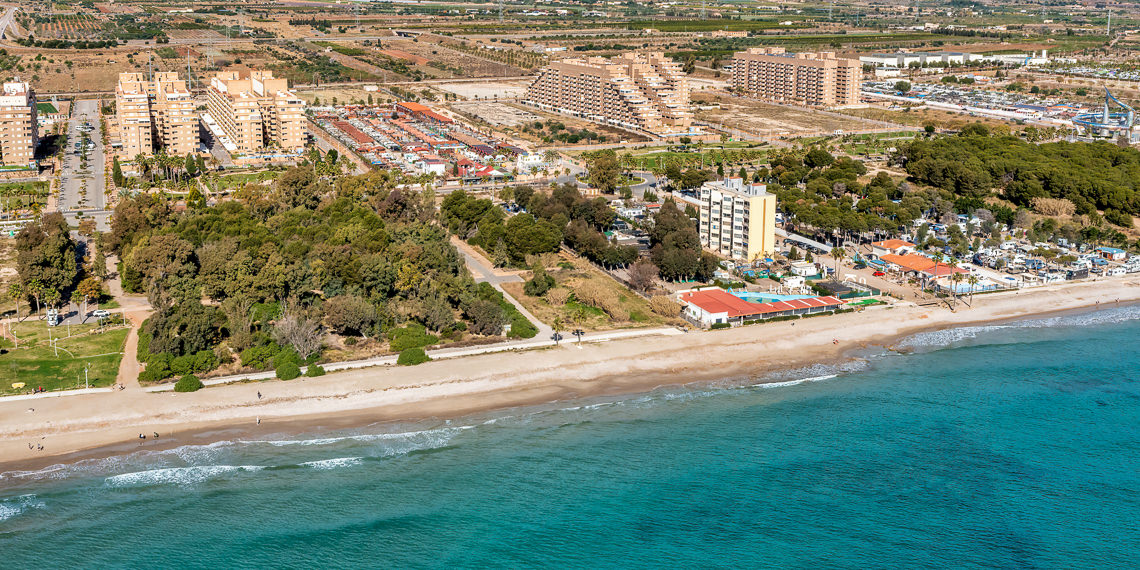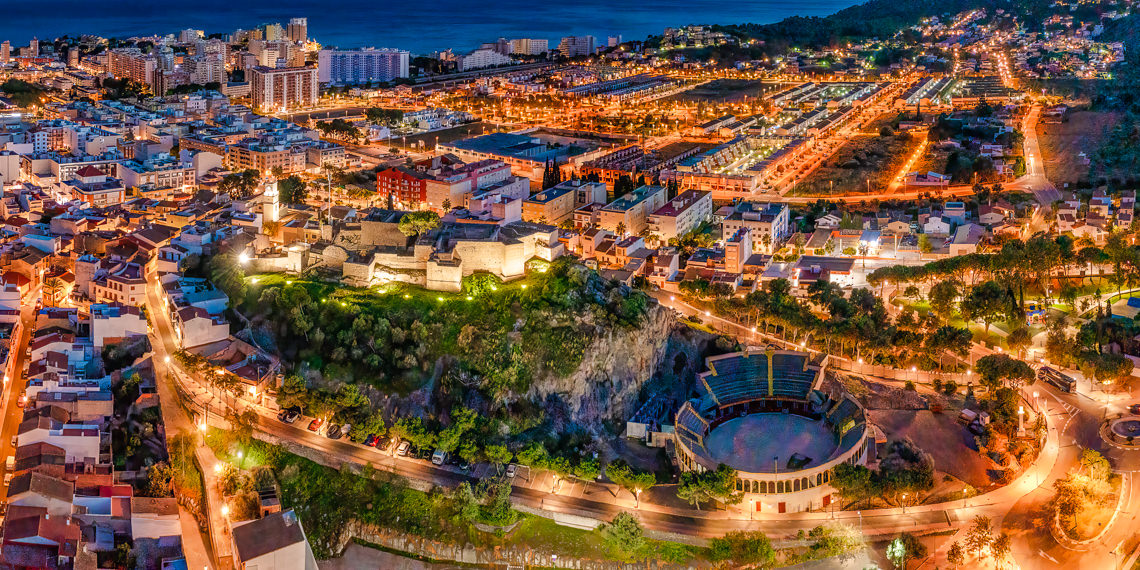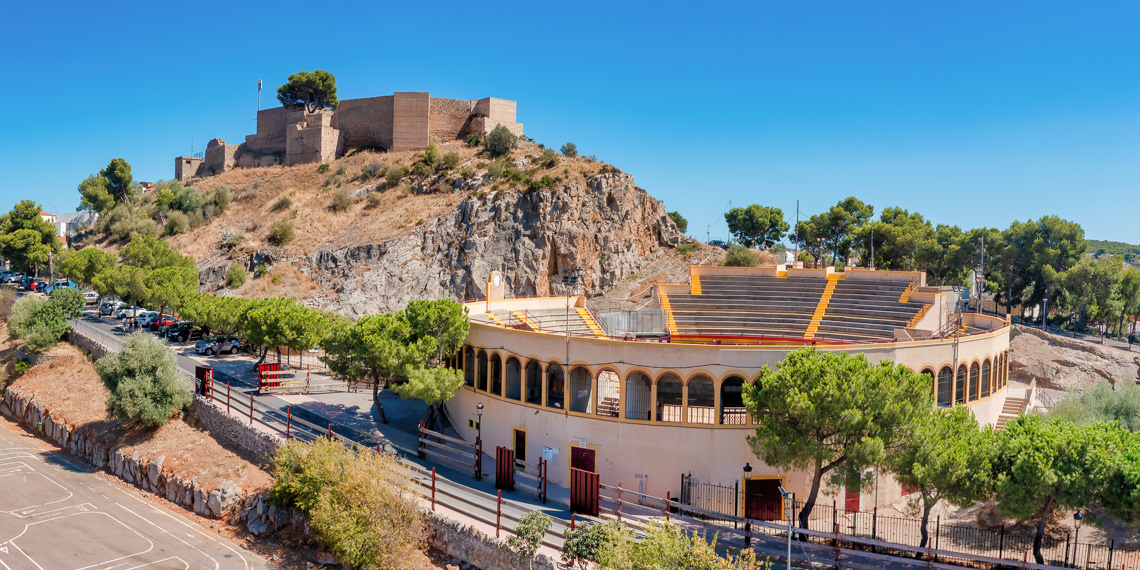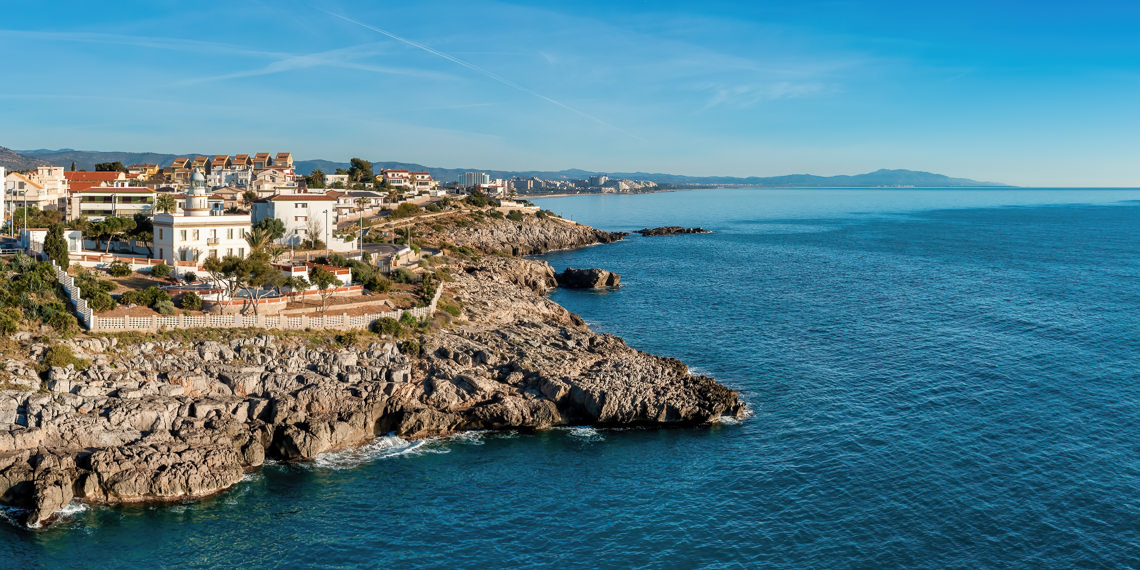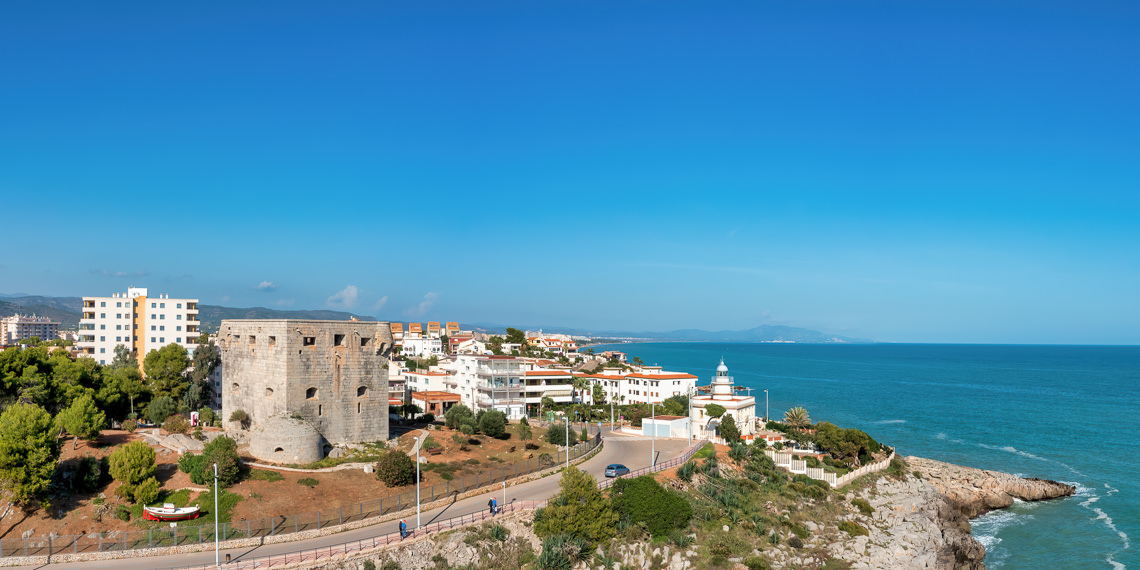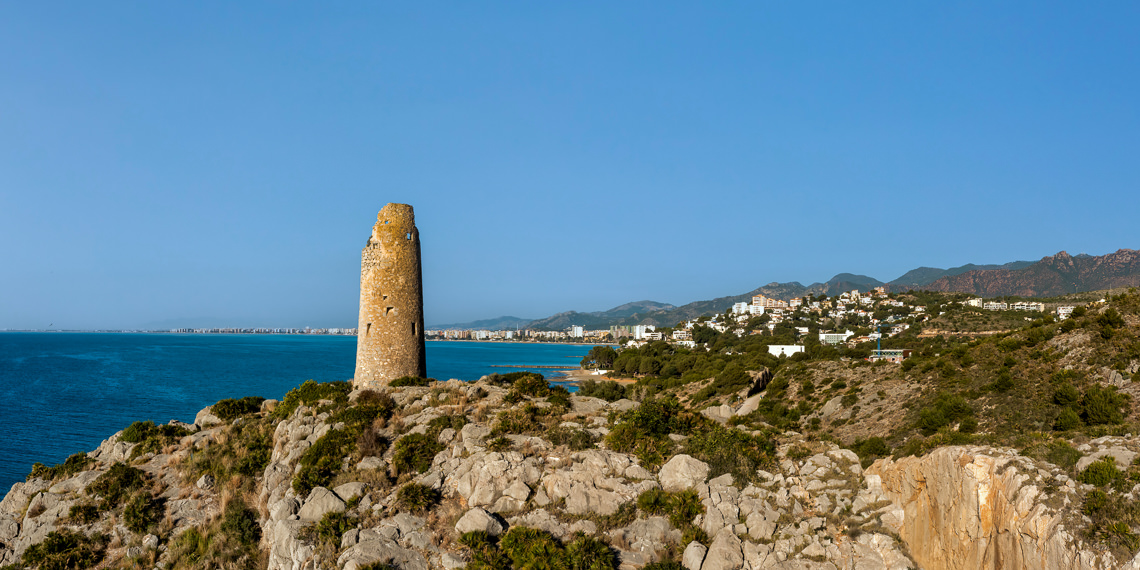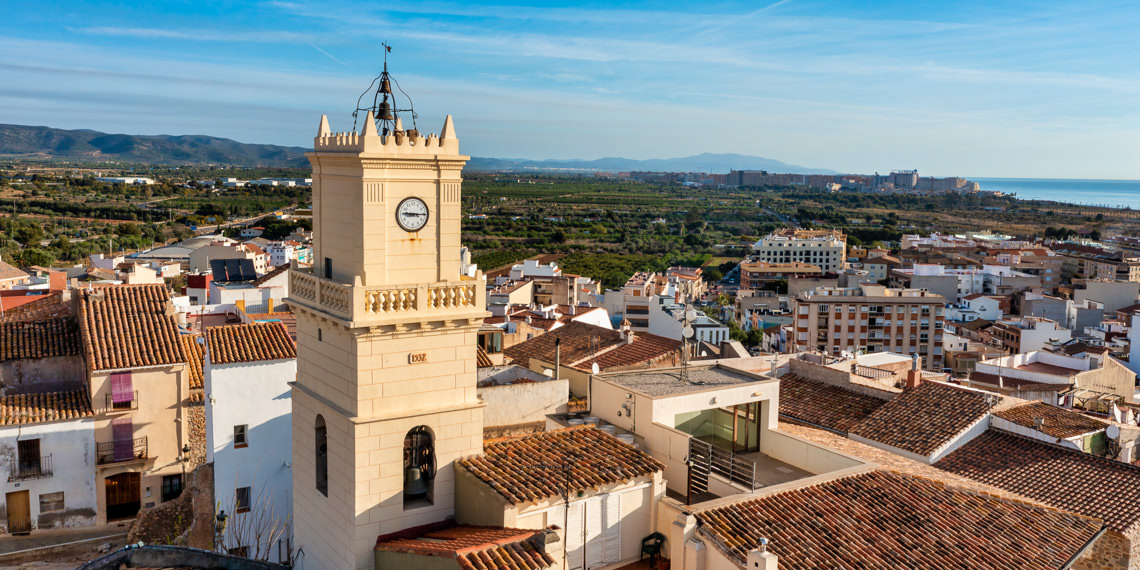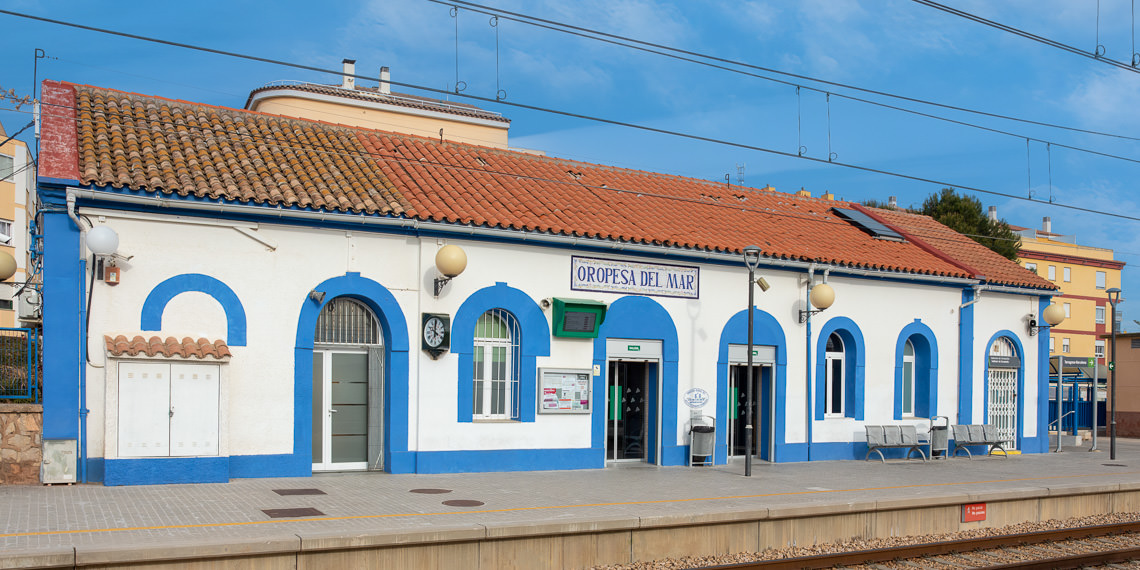Valencia, Spain is a beautiful coastal city located in the eastern region of the country. Known for its stunning beaches, rich history, and lively culture, Valencia is a popular destination for tourists from around the world. However, like many cities, Valencia is also facing the challenge of climate change and the need to transition to a more sustainable and climate-neutral future.
Fortunately, Valencia has taken steps towards this goal by implementing various policies and initiatives aimed at reducing its carbon footprint and promoting sustainable practices. In 2017, the city launched its Climate and Energy Action Plan, which outlines the steps that will be taken to reduce greenhouse gas emissions and promote renewable energy sources. The plan includes a target of reducing emissions by 40% by 2030, and becoming carbon neutral by 2050.
One of the key initiatives included in the plan is the promotion of sustainable transportation. Valencia has an extensive network of bike lanes and pedestrian walkways, which encourage people to choose alternative forms of transportation over cars. Additionally, the city has launched a bike-sharing program, Valenbisi, which has over 2,700 bikes and 275 stations throughout the city. Valencia has also implemented a low-emissions zone in the city center, which restricts the access of polluting vehicles and encourages the use of electric and hybrid cars.
Another important initiative in Valencia's climate plan is the promotion of renewable energy. The city has committed to increasing its use of renewable energy sources, such as solar and wind power, to meet its energy needs. Valencia has already made progress in this area, with the construction of the largest solar power plant in Spain, located just outside the city. The plant has a capacity of 250 MW, enough to power over 70,000 homes. Valencia is also exploring the possibility of developing offshore wind farms to further increase its use of renewable energy sources.
Valencia is also taking steps to promote sustainable building practices. The city has implemented regulations requiring new buildings to meet certain energy efficiency standards, and has provided incentives for existing buildings to undergo energy retrofits. Additionally, Valencia has launched a program to encourage the installation of green roofs and walls, which can help to reduce energy consumption and mitigate the urban heat island effect.
Valencia is also promoting sustainable food production and consumption. The city has launched a program called "Valencia, Capital Mundial de la Alimentación Sostenible" (Valencia, World Capital of Sustainable Food), which aims to promote sustainable food production and consumption practices. The program includes initiatives such as promoting local and organic food, reducing food waste, and promoting sustainable fishing practices.
Finally, Valencia is working to raise awareness and engage the community in its efforts to become more sustainable and climate-neutral. The city has launched a campaign called "Valencia, Climate Neutral City" to raise awareness about the importance of reducing greenhouse gas emissions and promoting sustainable practices. The campaign includes educational materials, events, and activities designed to engage and inform the community.
Overall, Valencia is making significant strides towards a more sustainable and climate-neutral future. Through its Climate and Energy Action Plan, the city has committed to reducing greenhouse gas emissions, promoting sustainable practices, and increasing its use of renewable energy sources. Valencia's initiatives in sustainable transportation, renewable energy, sustainable building practices, and sustainable food production and consumption are all important steps in this direction. As the world continues to grapple with the impacts of climate change, Valencia's efforts to transition to a more sustainable and climate-neutral future serve as a shining example of what can be achieved through dedicated action and commitment.








